In a world where education serves as a cornerstone for progress and opportunity, the specter of fake degrees looms ominously, threatening to erode the very foundation of trust and meritocracy. Recent headlines, such as the case involving BJP MP Nishikant Dubey's alleged fake degree, serve as a stark reminder of the pervasive nature of this issue and the urgent need for concerted action.
4567

